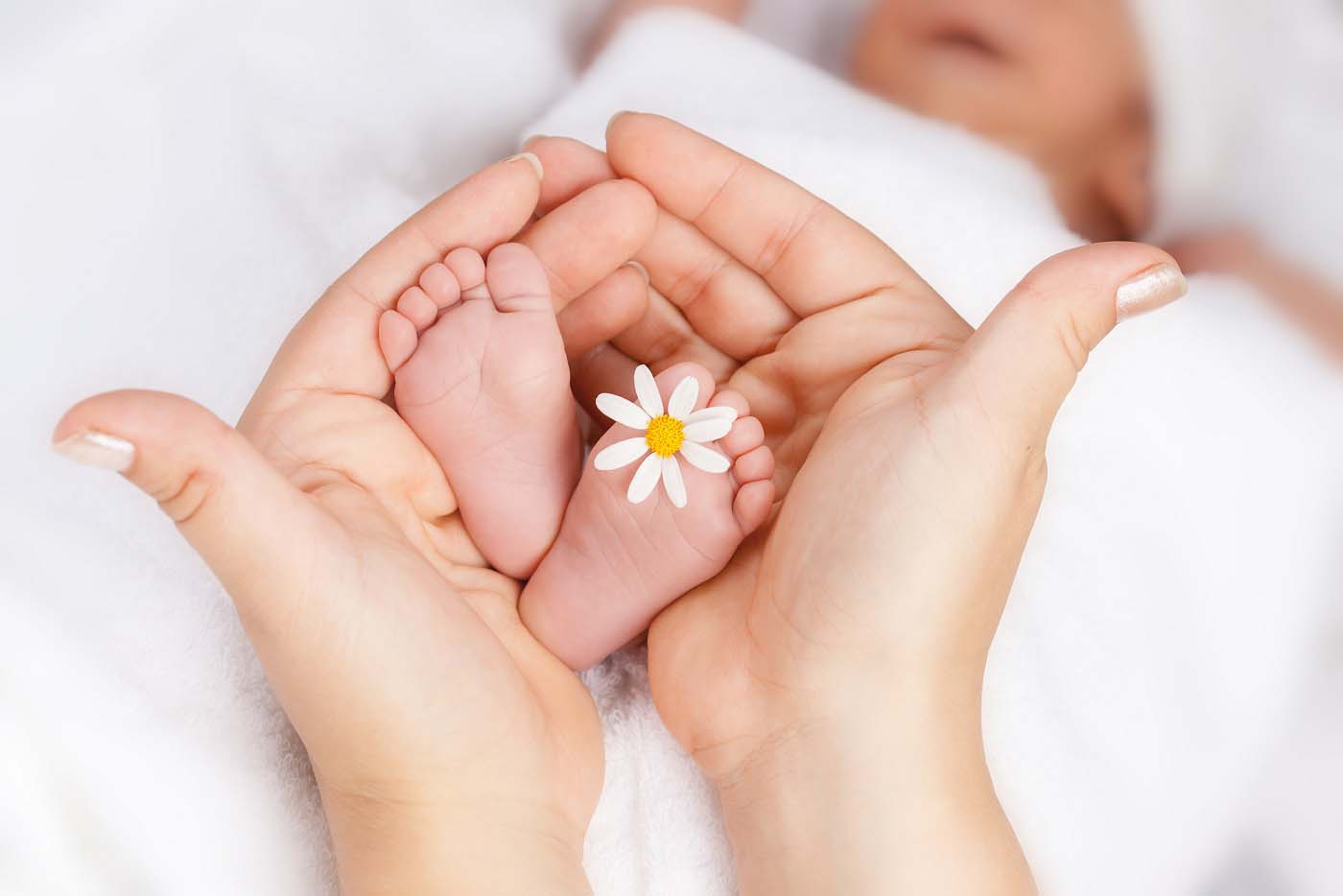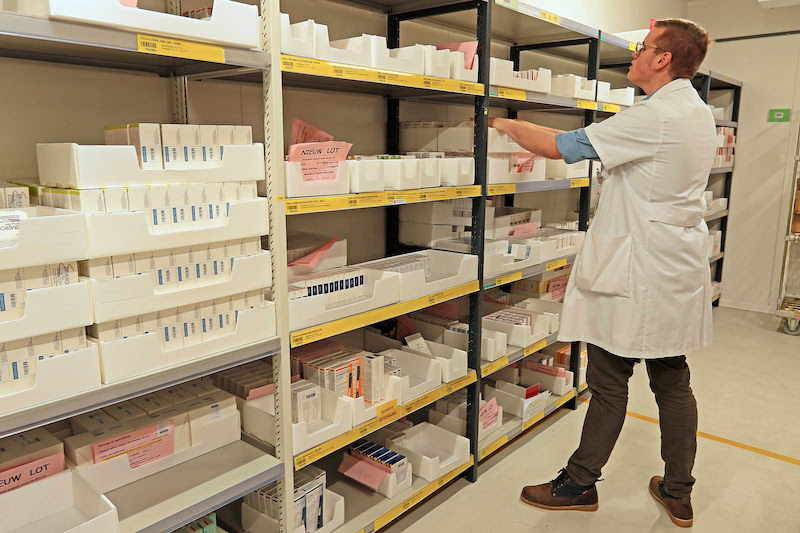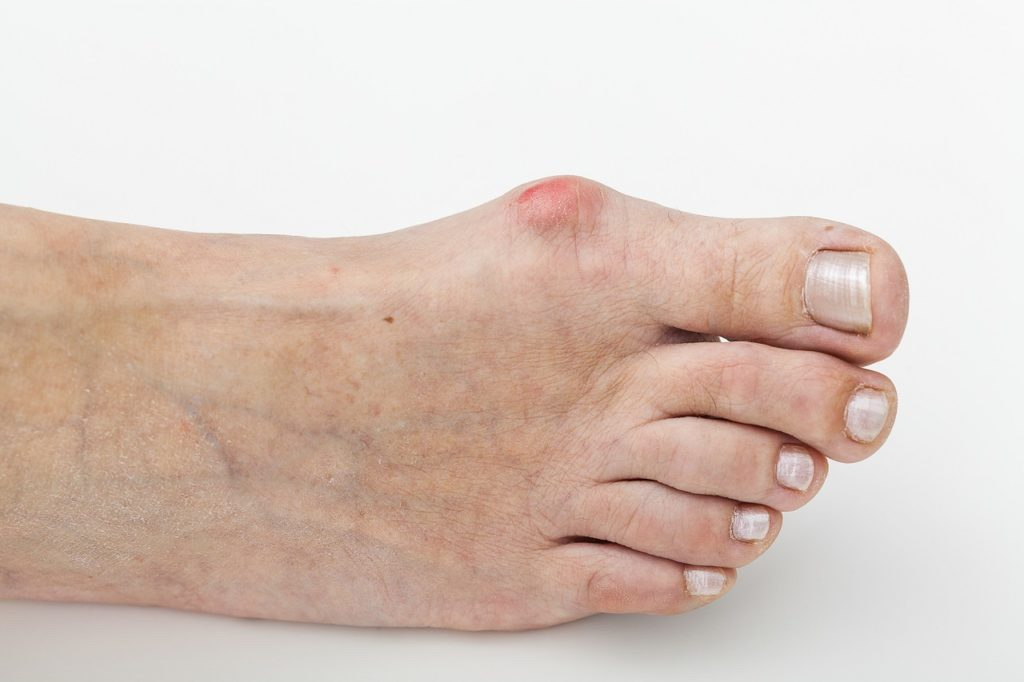
2017: The year of gynecology
Spanish women in the European Union are the ones who give birth to their first child at a more mature age (33 years on average). This tendency, on the rise, is already being noticed in the medical area.
At the beginning of 2017, we have learned that gynecologists specializing in assisted reproduction will be the most demanded professionals in the health area, according to the data of the XII report “Los + buscados 2017”.
At the service of new trends in maternity, medicine helps us to deal with our biological clock, and offers solutions to younger women: Assisted reproduction.
Assisted reproduction offers a wide range of reproductive techniques, most notably in vitro fertilization (IVF) or intracytoplasmic sperm injection (ICSI).
IVF or ICSI: Differences
In vitro fertilization has a high success rate. This technique consists of the union of the ovum with the spermatozoa outside the uterus, in the laboratory. In order to obtain fertilized embryos and transfer them to the uterus to continue their development.
The main differences between IVF and intracytoplasmic injection are that ICSI has a greater manipulation on fertilization. While in IVF the eggs and sperm are incubated together, hoping that one of the sperm fertilizes the egg. In the ICSI it is the biologist himself who selects the best spermatozoon to microinject it into an oocyte.
ISCI is usually performed when semen is of poor quality and there is little chance of fertilizing the egg.
Advances in gynecology
In addition, thanks to the modern techniques of pregnancy control available today (ultrasound, monitoring of contractions, etc.), the risks of undergoing a negative pregnancy outcome can be minimized with high levels of success, Even to be eliminated in some cases.

Prenatal monitoring is essential for the early detection of possible diseases in the baby. Fortunately, the advancement of technology offers us the possibility that this monitoring is more meticulous and precise.
Benefits of being a mature mother
A late pregnancy can also have advantages. One is that the mother usually has greater economic and emotional stability, which facilitates the child’s well-being. They also tend to take better care of their food and physical activity.

Preconception care is another advantage of mature mothers, as they are usually sought-after pregnancies parents can prepare to be in the best physical and psychological conditions. Preconception care is those that can improve the chances of pregnancy, such as avoiding certain habits that may affect the baby.
Low birth rate
For the first time in the history of our country, Spain is in red numbers as far as birth. In fact, in 2016 there were fewer births than deaths. According to data from the latest National Institute of Statistics (INE) report on population movements, Spain would be losing 1200 inhabitants per month.
In addition, the number of births is projected to continue to decline in the coming years and between 2016 and 2030, around 5.3 million children will be born, 22 per cent less than in the previous 15 years.

In short, the 21st-century woman’s lifestyle, the aging of the population and scientific advances, make the evolution of gynecology necessary, which increasingly takes an active role in the life of modern women.




